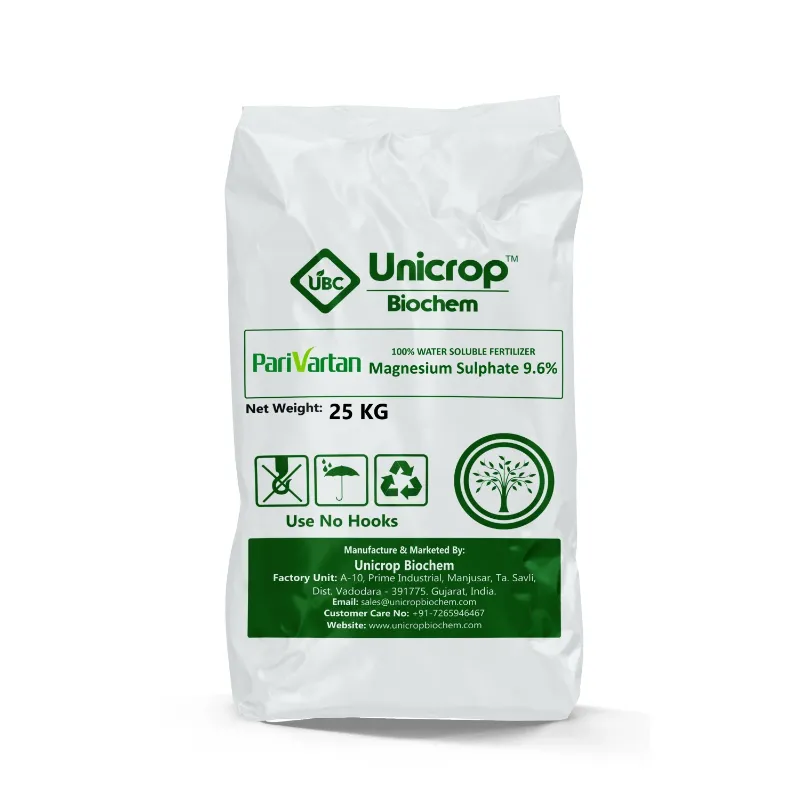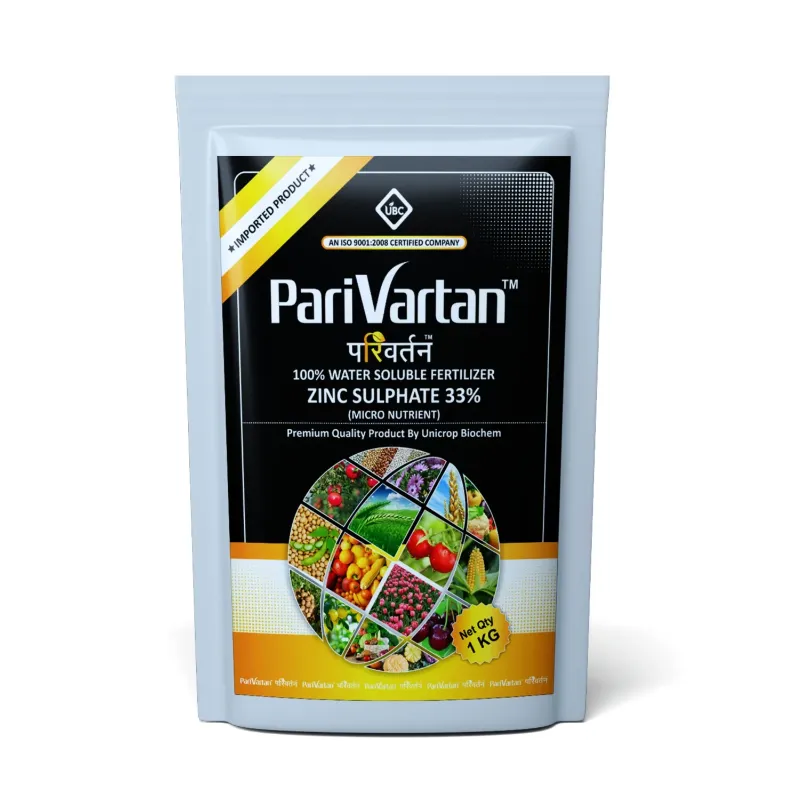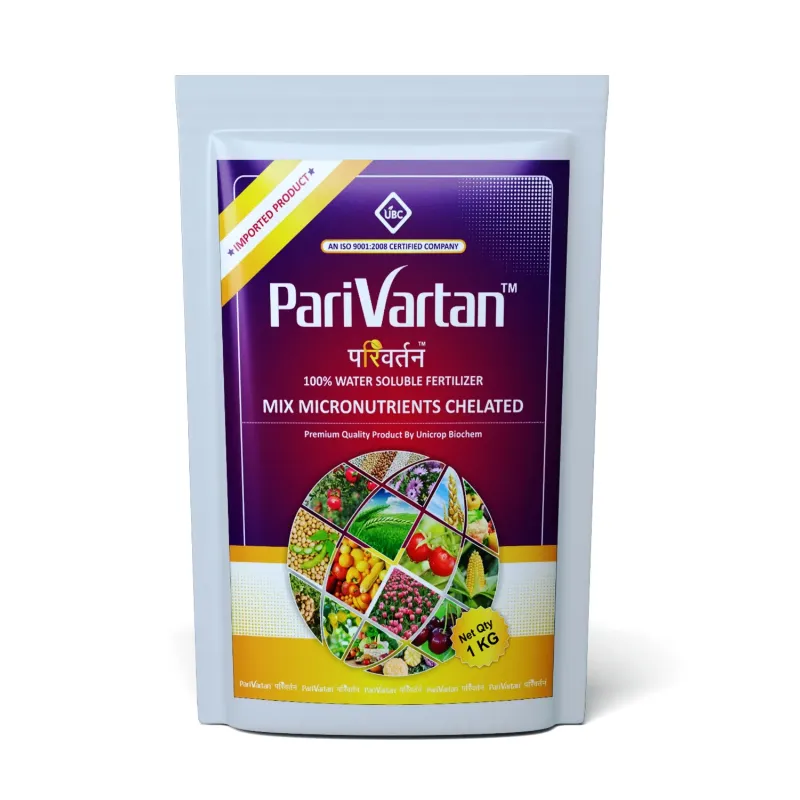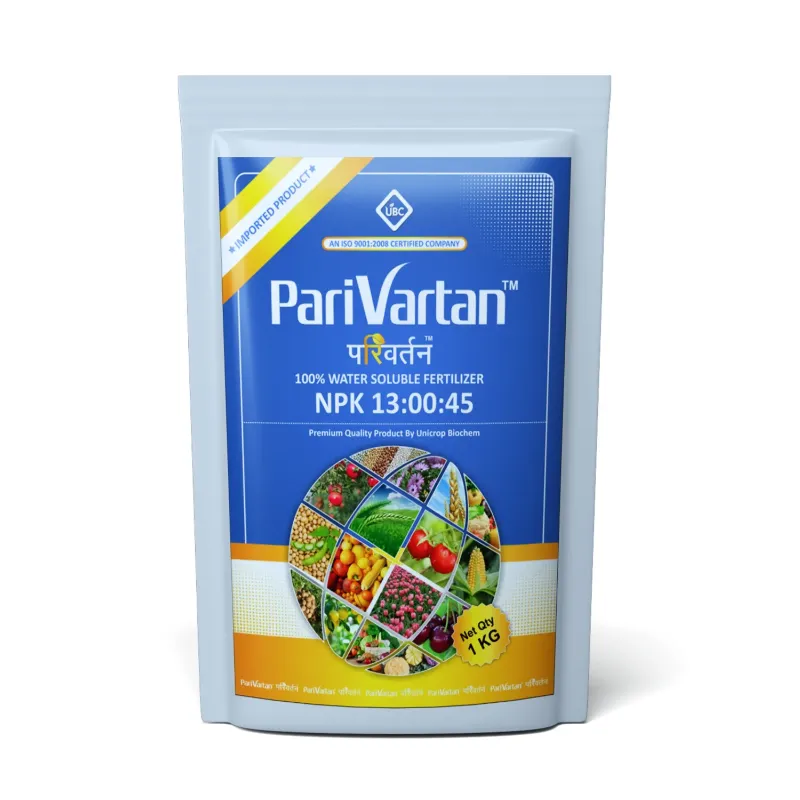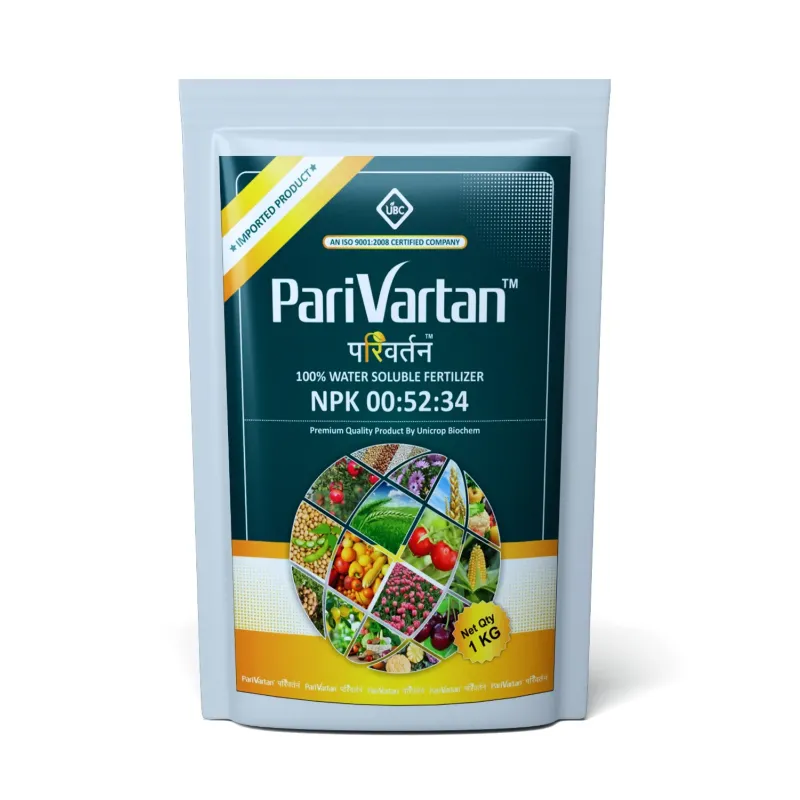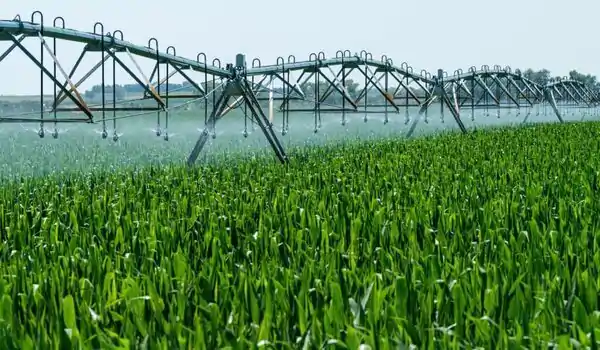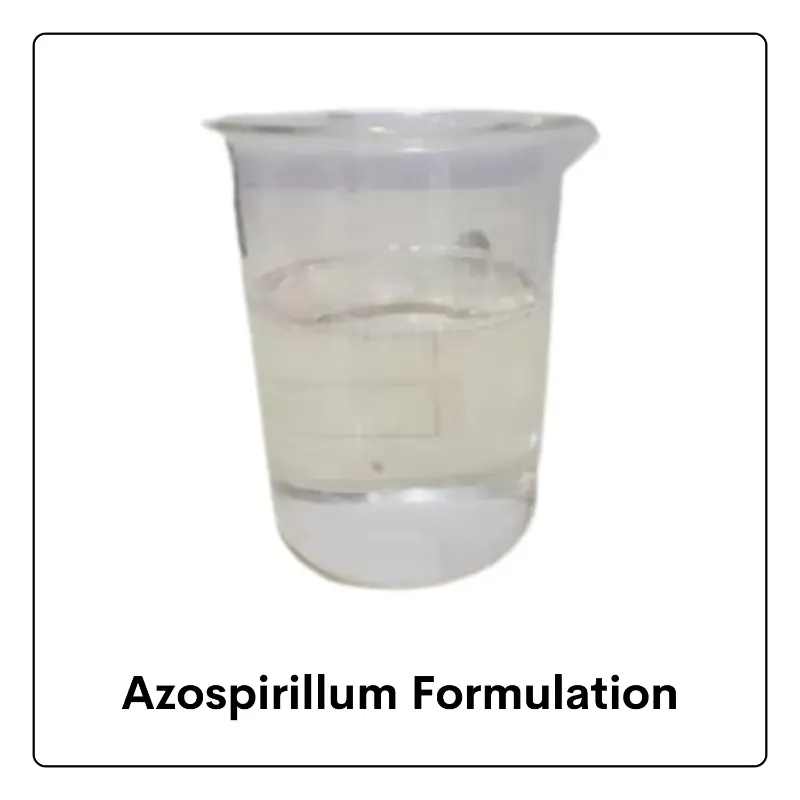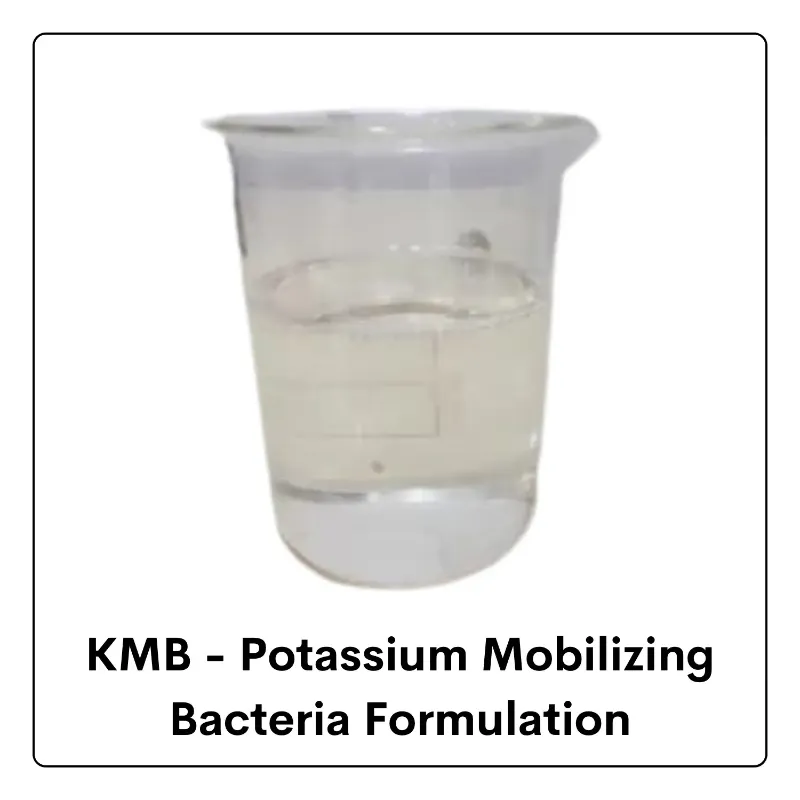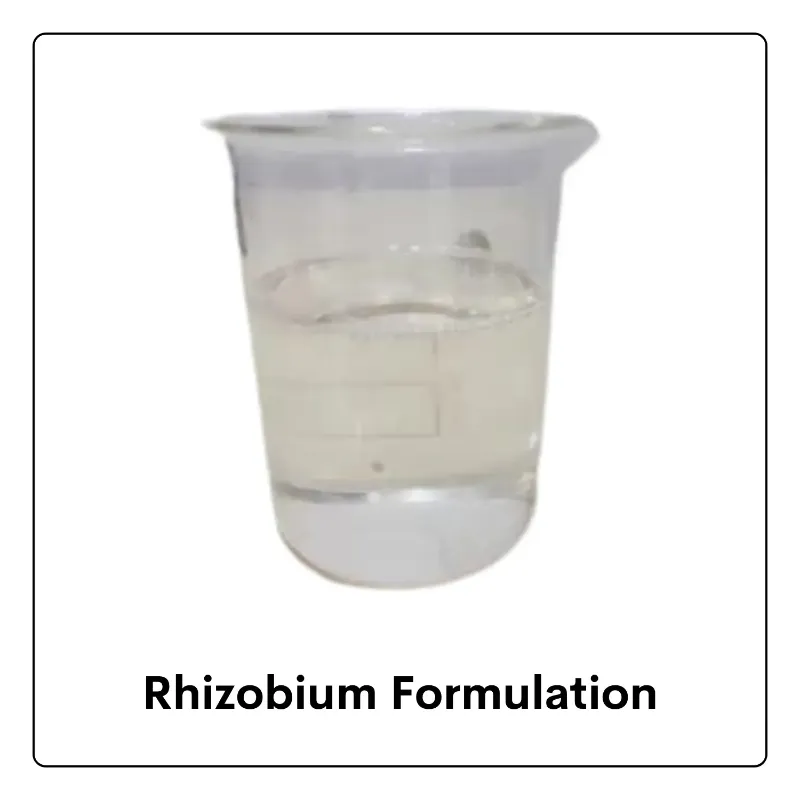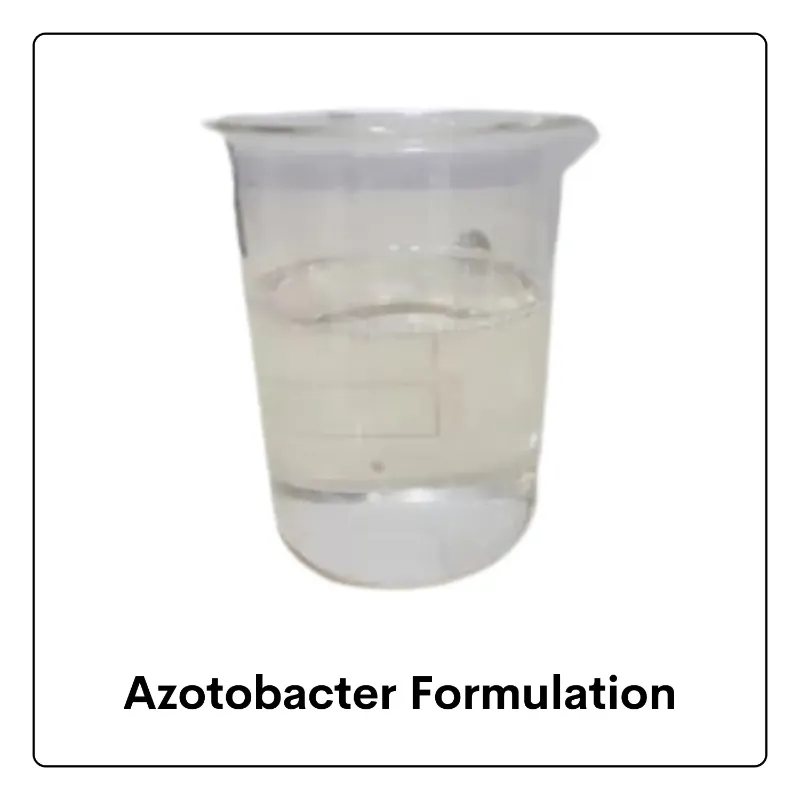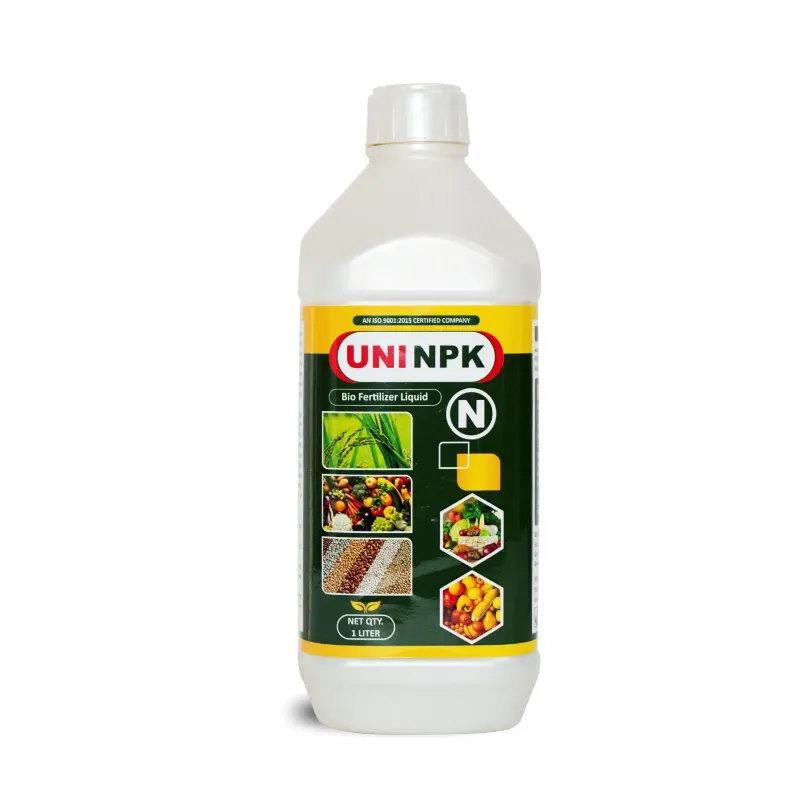Introduction:
Unicrop Biochem is at the forefront of promoting sustainable agricultural practices through effective water management solutions. We are committed to enhancing water conservation in farming by providing innovative products that help optimize water use and improve crop yields.Unicrop Biochem specializes in developing advanced agricultural products focused on sustainable practices and efficient resource management. With a strong emphasis on water conservation, we offer solutions designed to optimize water usage and support sustainable farming. Our products are engineered to address the growing challenges of water scarcity and ensure that farmers can maximize productivity while minimizing environmental impact. By integrating cutting-edge technology and research, Unicrop Biochem helps farmers achieve better crop performance and resource efficiency, contributing to a more resilient and sustainable agricultural sector.
Benefits of Water Conservation in Agriculture:
- Enhanced Crop Yields:
- Efficient water use leads to more consistent and reliable crop yields, ensuring that plants receive the necessary moisture for optimal growth.
- Reduced Water Costs:
- Implementing water-saving technologies and practices lowers irrigation costs, benefiting farmers financially by reducing water consumption and energy use.
- Improved Soil Health:
- Proper water management prevents soil erosion and degradation, maintaining soil structure and fertility for long-term agricultural productivity.
- Conservation of Natural Resources:
- Water conservation practices help preserve precious water resources, contributing to the sustainability of local water supplies and ecosystems.
- Increased Resilience to Drought:
- Efficient water use makes crops more resilient to drought conditions, reducing the risk of crop failure during periods of water scarcity.
- Minimized Environmental Impact:
- Reducing excess water use minimizes runoff and leaching, which helps prevent water pollution and protects natural habitats.
- Sustainable Farming Practices:
- Adopting water conservation techniques aligns with sustainable farming principles, promoting long-term agricultural viability and environmental stewardship.
- Enhanced Water Quality:
- Controlled water usage helps maintain the quality of water sources by preventing contamination from agricultural runoff and excessive irrigation.
Importance of Water Conservation in Agriculture:
- Optimizing Water Use Efficiency:
- Efficient water use involves implementing technologies and practices that maximize the effectiveness of irrigation systems. Techniques such as drip irrigation, soil moisture sensors, and rainwater harvesting improve water use efficiency by delivering water directly to the plant roots and reducing wastage.
- Adopting Sustainable Irrigation Methods:
- Sustainable irrigation methods, such as precision irrigation and conservation tillage, help manage water resources more effectively. These methods ensure that water is applied based on crop needs and soil conditions, minimizing over-irrigation and promoting better water retention.
- Implementing Water-Saving Technologies:
- Technologies like smart irrigation systems, which use weather data and soil moisture information to automate irrigation schedules, contribute to water conservation by reducing unnecessary water use and ensuring optimal application.
- Promoting Soil Conservation Practices:
- Soil conservation practices, including mulching, cover cropping, and proper land management, help retain soil moisture and reduce water runoff. These practices enhance soil health and support more efficient water use.
- Encouraging Water Management Education:
- Educating farmers about water conservation techniques and best practices empowers them to make informed decisions regarding water management. Training and resources on water-saving practices contribute to more effective and sustainable farming operations.
Conclusion:
Water conservation is a critical aspect of sustainable agriculture, with significant implications for crop yields, resource management, and environmental impact. By adopting efficient water use practices and technologies, farmers can optimize water resources, reduce costs, and enhance soil health. The benefits of water conservation extend beyond individual farms, contributing to the preservation of natural water sources and the resilience of agricultural systems. As water scarcity becomes an increasingly pressing issue, embracing strategies for managing water use will be essential for ensuring the long-term viability of agriculture and supporting a sustainable future for farming. Unicrop Biochem remains committed to advancing water conservation practices through innovative solutions that help farmers achieve greater efficiency and sustainability in their operations.
